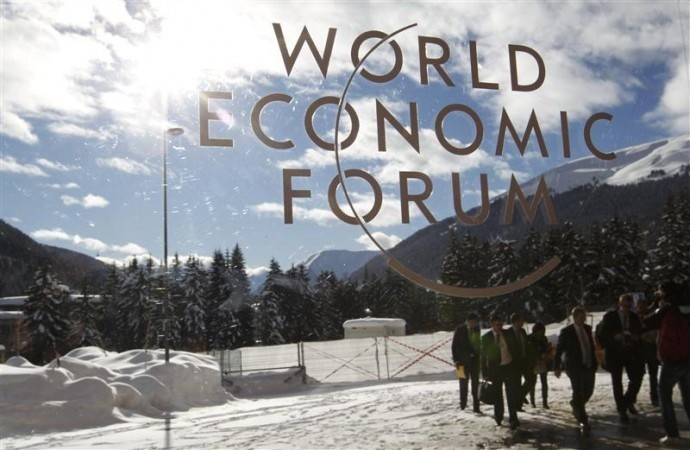Davos Lost Opportunity: Time to Replace Capitalism with Something More Robust [BLOG]
Boom-and-bust cycle means that world governments and big business need to come up with a new model

The World Economic Forum at Davos has finished and after a week of the great and the good of the business and financial world kicking around ideas on how to deal with the long running global financial crisis, precious little has been suggested.
It appears that the way the business world and our leaders want to deal with the breakdown of capitalism is to cross their fingers and wait it out until we finally emerge out the other side of it so they can continue on the same path as before.
What we are not hearing is an attempt to overhaul or even replace capitalism with something a bit more robust and reliable.
That we need to reform the current system is beyond doubt, to persevere with the one that collapses into a recession with alarming regularity and brings such dire consequences for the majority of the population where if you come out the other side with your home, car, family, sanity and job intact you are thought of as one of the lucky ones cannot be sustainable in a modern society.
Capitalism, it can be argued, has run its course and although it did lift many out of poverty initially, it seems that now it is the cause of more problems than it solves as it's driving force is larger profits and as is being shown again and again, the need to ensure larger returns drives people to take bigger risks which results in ever bigger crashes.
The problem is that in the world governments and in the boardrooms of big business, the places where the changes will come from, are the people who benefit most from capitalism.
The Cabinet has 29 members and 23 of them are millionaires so it is in their own interests to keep capitalism going but as the evidence we see around us is boarded up shops, massive unemployment and bankers continuing to receive million pound bonuses while we face huge cuts, it is becoming harde
r and harder for them to sell to the public that capitalism is the only game in town.
Oxfam recently put out a report that in 2012, the world's top 100 richest people earned enough money, $240bn, to end world poverty four times over and to make that statistic even more shocking is when you compare it to the Unicef report that 22,000 children die each day due to poverty.
When inequality is on this scale we truly are not in a good place so this is the opportunity that all those protesters who turn up to harass the world leaders at economic summits - the anti-capitalists, Marxists, anarchists and Occupy demonstrators - have been waiting for.
If they have a viable, alternative economic model rather than just standing around making a lot of noise, then this would be the time to push it out because they may not have a better opportunity to catch the vast majority quite so willing to listen to them.
Lucy P writes commentary on news, politics and media on her blog Falling on a Bruise
© Copyright IBTimes 2025. All rights reserved.





















